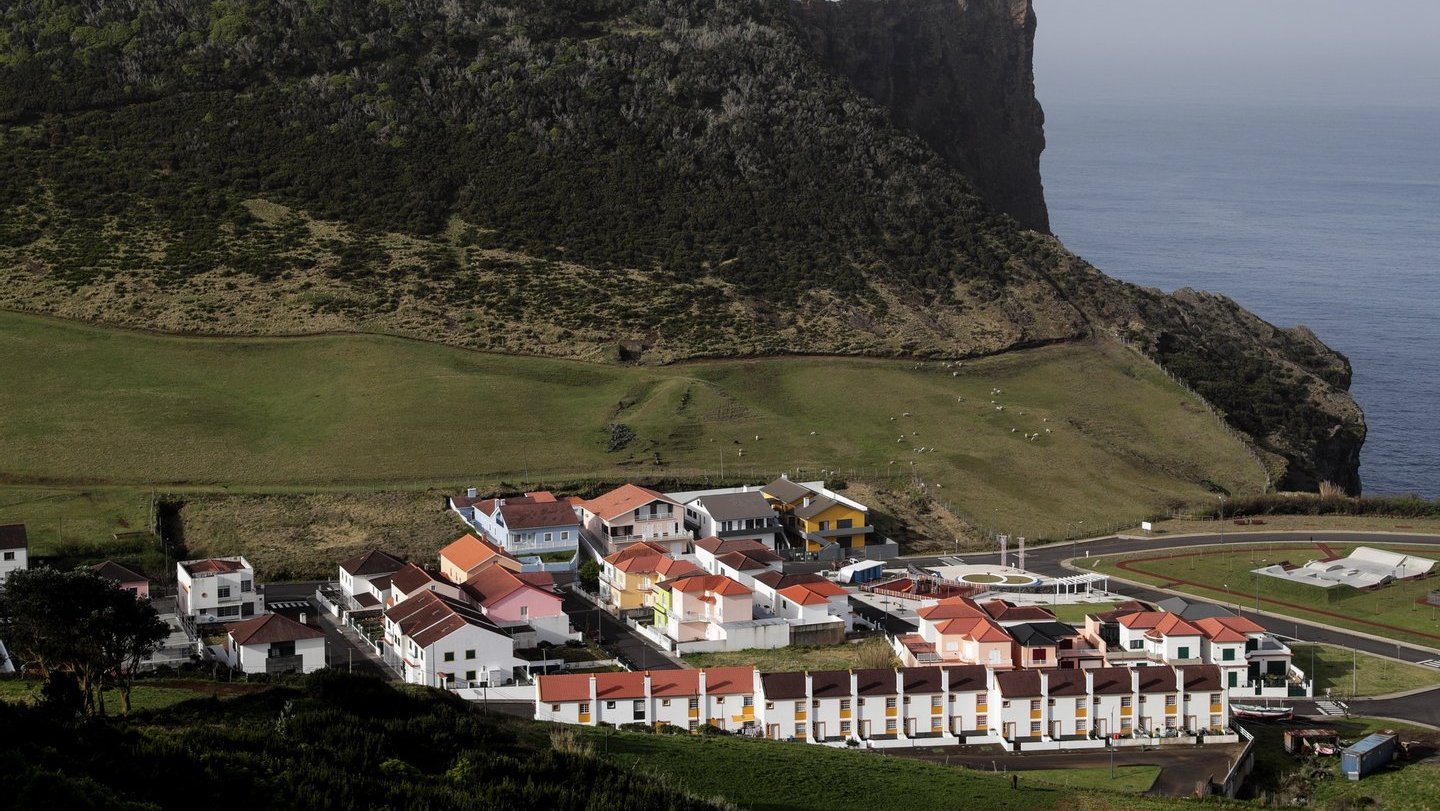The Secretary of Tourism and Mobility of the Azores spoke out this Wednesday in favor of simplifying the reimbursement of the social mobility subsidy and defended the creation of a working group to find a solution that is good for the region.
“We must continue fighting for a more simplified system for the return of the subsidy,” said Berta Cabral.
The regional secretary of Tourism, Mobility and Infrastructures argued that “it is essential to create a new working group or return to the previous one analyze all the situations with the aim of reaching a compromise solution that is applicable, that is good for the Azores and the Azoreans and that does not overload the regional budget”.
The official, from the Azorean executive of the PSD/CDS-PP/PPM coalition, was heard this Wednesday at the Permanent Specialized Economic Commission of the Legislative Assembly of the Azores, in the framework of three diplomas presented by Chega, Bloco de Esquerda (BE) and by the independent deputy Carlos Furtado (ex-Chega).
Basta’s draft resolution recommends to the Regional Government “the intervention of the Republic to end the bureaucracy in the social mobility subsidy in the Azores”.
The bill presented by BE aims to “simplify and prevent possible fraud in the allocation of the subsidy granted to residents of the Autonomous Communities.”
As for the independent deputy’s bill, “it establishes the normalization and decentralization of the social mobility subsidy of the Autonomous Regions of the Azores and Madeira.”
“We reiterate that it is very expensive for the neighbors, and in particular for the families, to pay the totality of the tickets at the time of purchase,” he told the deputies.
Berta Cabral assured that the Regional Government “is available to accompany all the solutions that are proposed” reach a “compromise that does not penalize the Azores”.
According to the person in charge, the working group, with representation from the Regional Assembly, “must be closely aligned with the Regional Governments of Azores and Madeira” and with the parliaments of both regions.
Berta Cabral said that “feasible” solutions must be sought, and pointed out that the current model “has worked well or badly.”
The governor stated that “there are red lines” that cannot be crossed in this thread.
In the first place, “not increase” the amount of 134 euros that residents pay for air travel to the peninsula, “guarantee the number of companies that fly to the region.”
And the model that is found “cannot tax the regional budget”, because “there have already been commitments from the Government of the Republic that have fallen by the wayside”, he added.
The minister recalled that “it is a commitment of the Assembly of the Republic and it is a duty of the Portuguese State to ensure territorial continuity.”
“These are our red lines. From then on, everything that comes is good, but everything that comes worse, we cannot allow it”, she stressed.
The independent deputy Carlos Furtado considered that “the Regional Assembly and its 57 deputies have the capacity to analyze proposals” and to “constitute themselves as a working group” for a final measure that “can resolve the limitations” of passengers who “have to appear ”. with large quantities.
According to the parliamentarian, “the problem of the Azoreans does not always have to be resolved in the Republic“.
“The Regional Government cannot say ‘oh Jesus if they don’t pay us the corresponding subsidy’. If that’s what we need a government just complain. If for that we need a Regional Assembly just to complain, I don’t know if the Azoreans are willing to pay that price, because they also need our responsibility”, he maintained.
Deputy António Lima, from the Bloco de Esquerda (BE), justified that the party’s proposal arises “due to the lack of implementation of measures” that allow “a simplification and reduction of bureaucracy in the subsidy.”
Antonio Lima argued that the previous working group did not return “results” to change the modelwhen considering that “an intervention is necessary” from the parliament of the Azores.
“Our proposal is that the payment of the subsidy is no longer made to the passenger, but rather through the airline, which will then only charge the maximum amount of 134 euros in the case of trips by residents” in the Azores from and to the mainland, he explained.
Deputy Basta, José Pacheco, said that the subsidy “is a good instrument”, considering that “there does not have to be complexity” in the process.
However, he warned that “when responsibilities are transferred to the region, it is most likely that the Republic will get rid of some ballast and the region will be left with one more.”
Source: Observadora
